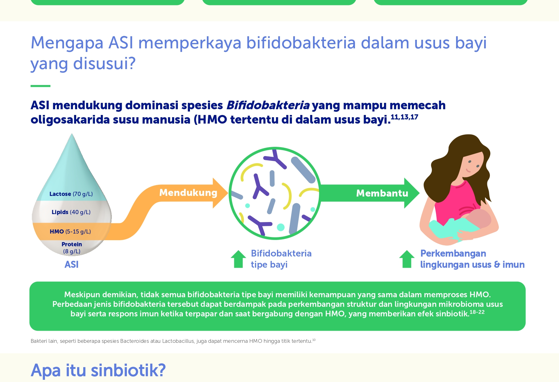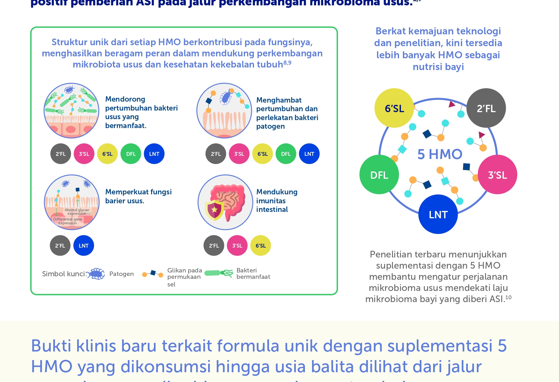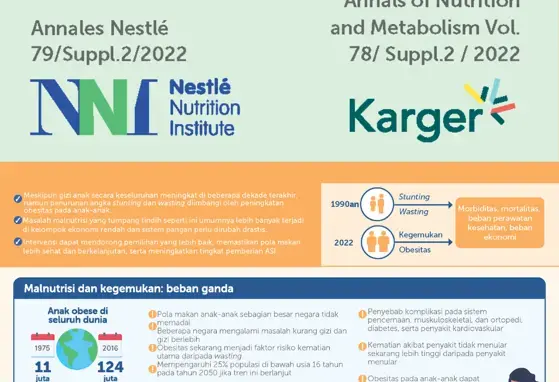Experts discuss role of protein in early childhood
Protein and its role in early childhood growth, specifically in early weight gain and the long-term obesity risk, was the subject of the recent Nestlé Nutrition Institute Newsletter for the South East Asia and Pacific Rim Region. In the document, four experts in this growing field of interest shared information that further supports the understanding that appropriate protein intake in the first thousand days of life, together with other nutrients, has a role to play in programming metabolic functions with an impact on later health.
Here’s a summary of what the experts said:
Dr Hans van Goudoever, Professor of Pediatrics from The Netherlands addressed the protein needs of preterm infants in relation to their development. He stated that preterm infants with extremely low birth weight (ELBW) face a host of challenges at birth and have nutritional needs similar to that of fetuses. As protein intake is a driving force of weight gain in low birth-weight infants, he concluded that while breast milk should be the primary source of nutrition, in some cases this should be fortified with protein in the crucial early weeks of life.
Dr Ekhard E. Ziegler, Professor of Pediatrics from the USA questioned if an infant taking too much protein in its first year would be more likely to become obese later in life, presenting new data on a group of infants born from overweight mothers. While he recognised the mounting evidence that excessive protein intake in early infancy is associated with later obesity and that low-protein formulas can reduce this risk, he also warned that lowering an infant’s protein intake must be done with great caution, as it could potentially compromise the infant’s development.
Dr Berthold Koletzko, Professor of Pediatrics from Germany tackled the difficult question of dietary protein source and level during the introduction of complementary feeding. He concluded that when breast milk is not available, the use of follow-on formula with reduced protein content during the weaning period and first year of life is preferred to other sources, such as cows’ milk that can markedly increase protein supply. However noting the limited available data, he also called for trials to determine the best milk options beyond the age of 12 months and their advantages for infants.
Dr Emilie G. Flores, Professor of Nutrition from The Philippines stated that in a recent report UNICEF showed that a quarter of children under 5 years old living in urban areas are stunted, probably due to periods of calorie and/or protein deficiency. These children also suffer chronic ill-health, with a list linked development and health issues. Asia remains a region of great concern with a prevalence of 18% of the global low birth weight babies in 2010. Dr Emilie stressed the importance of disseminating sound and accurate information in relation to early nutrition – from promoting breastfeeding to adequate complementary feeding, as a means to improving the health and prospects of the region’s children.
If you liked this post you may also like

Penelitian Terkini Mengenai HMO: Memaksimalkan Manfaatnya

Pengaruh HMO pada Perkembangan Mikrobioma Usus pada Awal Kehidupan


Bagaimana cara membuat pola makan anak lebih sehat dan berkelanjutan?